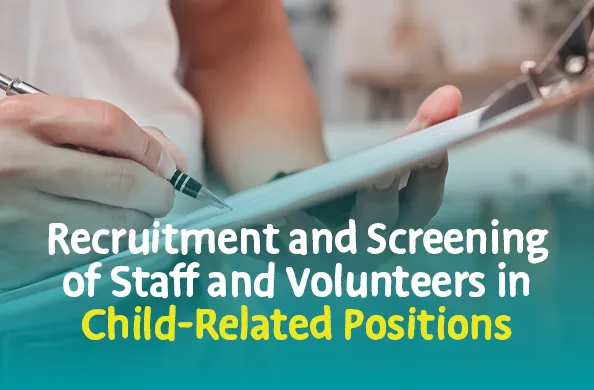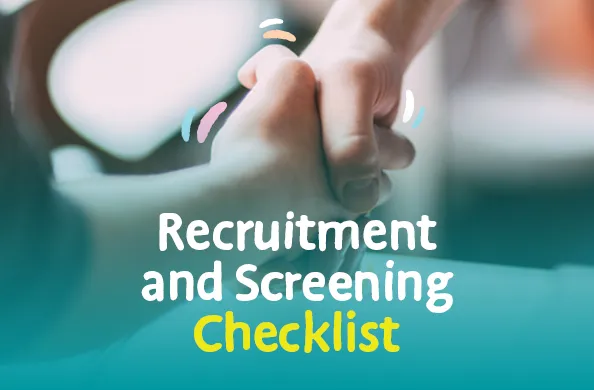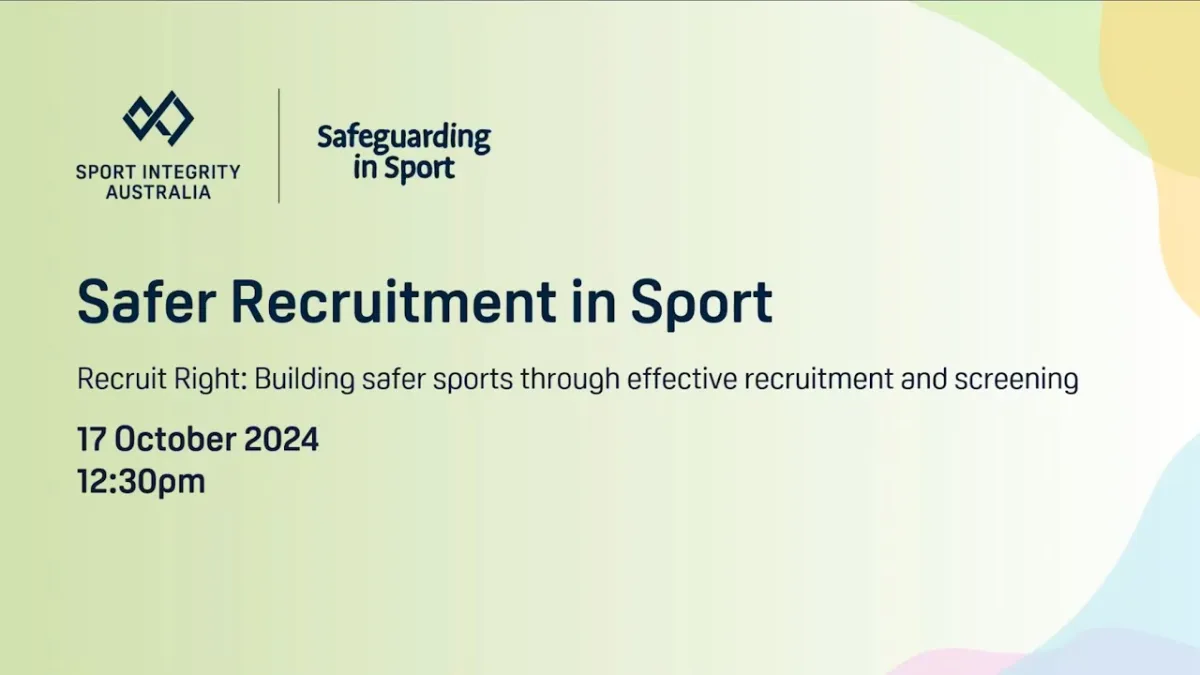All sporting organisations should have practices and processes in place to ensure they are providing a safe and inclusive environment for children and young people participating in their sport.
Sporting organisations can show they are committed to protecting or 'safeguarding' their members by having:
- fair and clear ways to handle complaints
- clear rules and policies to keep people safe
- risks managed in a consistent and safe way
- processes and policies regularly reviewed and improved
- leaders who set the tone for safety in sport and lead by example
- volunteers and employees carefully chosen and properly trained.
Safeguarding Children and Young People Policy
All sporting associations and clubs should have a Safeguarding Children and Young People Policy.
This policy should:
- be easy to find, such as on your website or social media
- explain what behaviour isn't allowed (Prohibited Conduct)
- tell people what to do and how to report suspected child abuse
- clearly describe how to keep children safe with a step-by-step guide
- be available in versions that are simple, easy to understand and child friendly.
Member protection
Sports should commit to creating a safe environment by:
- having a Member Protection Policy
- explaining what behaviour is and isn't okay
- appointing a Welfare Officer or Member Protection Information Officer
- setting up a way for people to report problems or make complaints
- teaching staff, volunteers, participants and families about their roles and rights
- listening to members and involve them, so they feel heard and included.
Reporting and responding
If you see or suspect that a child is being harmed or is at risk, report it immediately. It's important you know your organisation’s reporting process and how to use it.
Recruitment and screening practices
Organisations must ensure they recruit people who are suitable to work with children and young people.
These practices should follow an organisation's state and territory legislation requirements.
Working with children check
A Working with Children Check (WWCC) (or equivalent), is required where an organisation seeks to engage a person in child-related work.
Your organisation must:
- comply with its state and territory WWCC requirements
- not engage a person in a child-related position that has not met the WWCC requirements
- maintain accurate WWCC records.
Find more information about state and territory requirements on the Australian Institute of Family studies website


